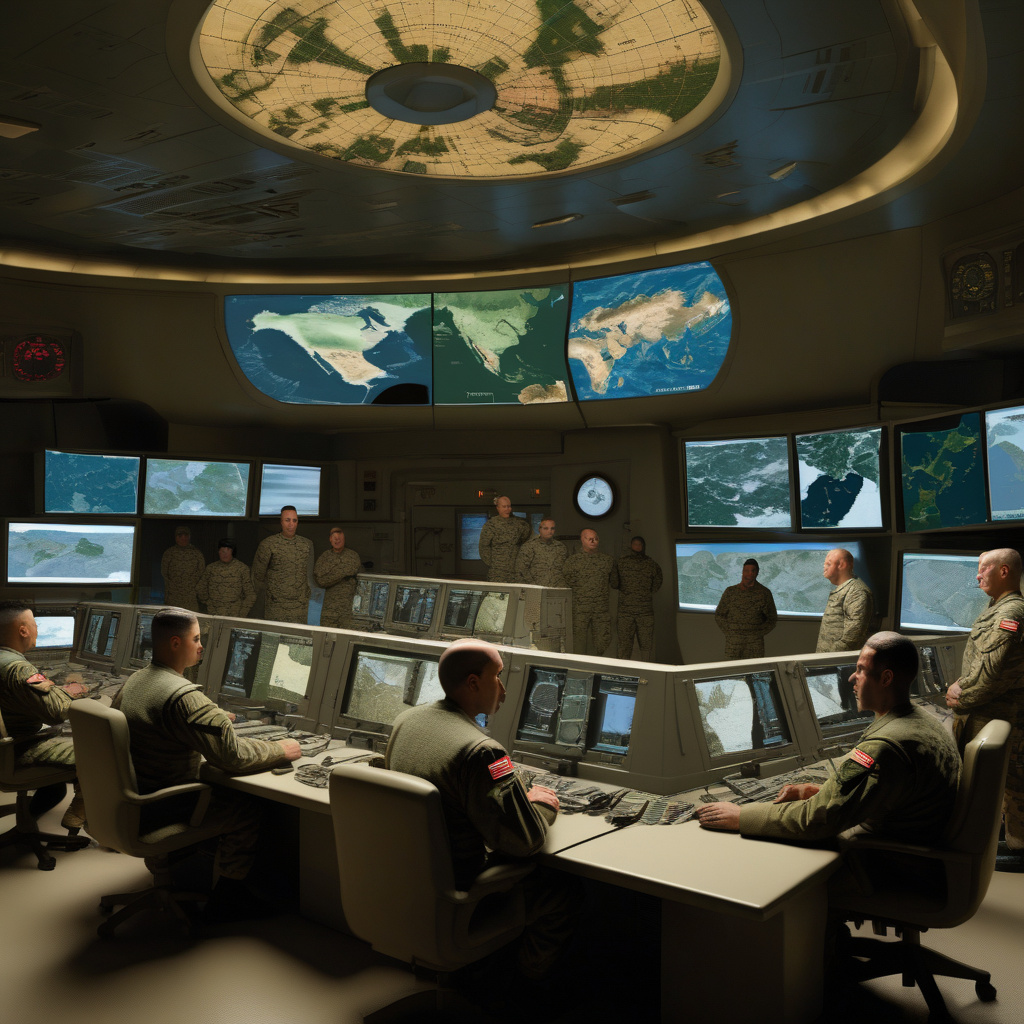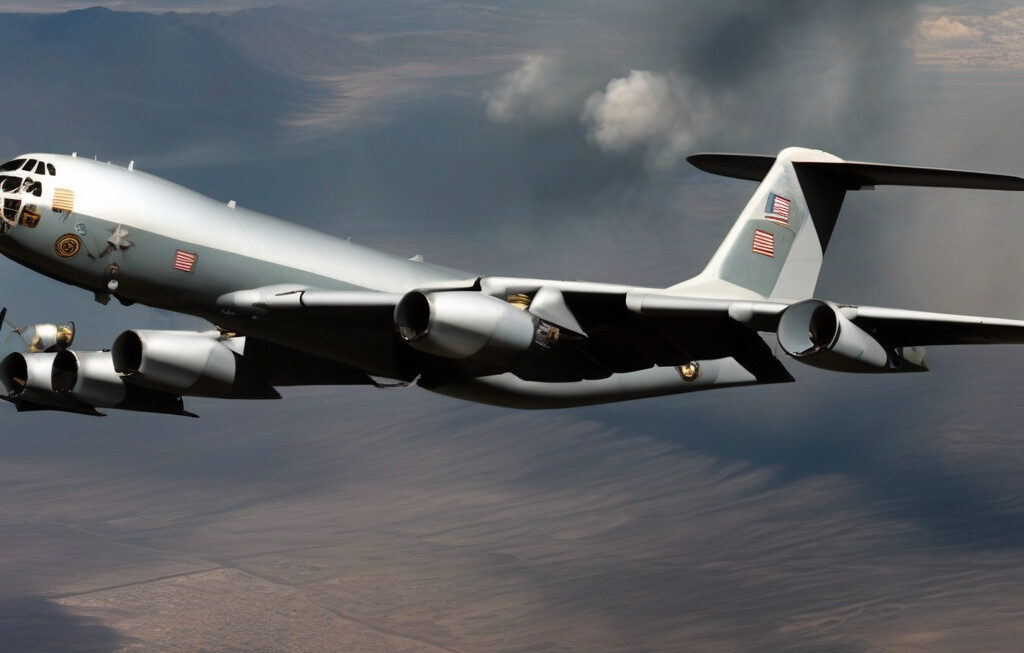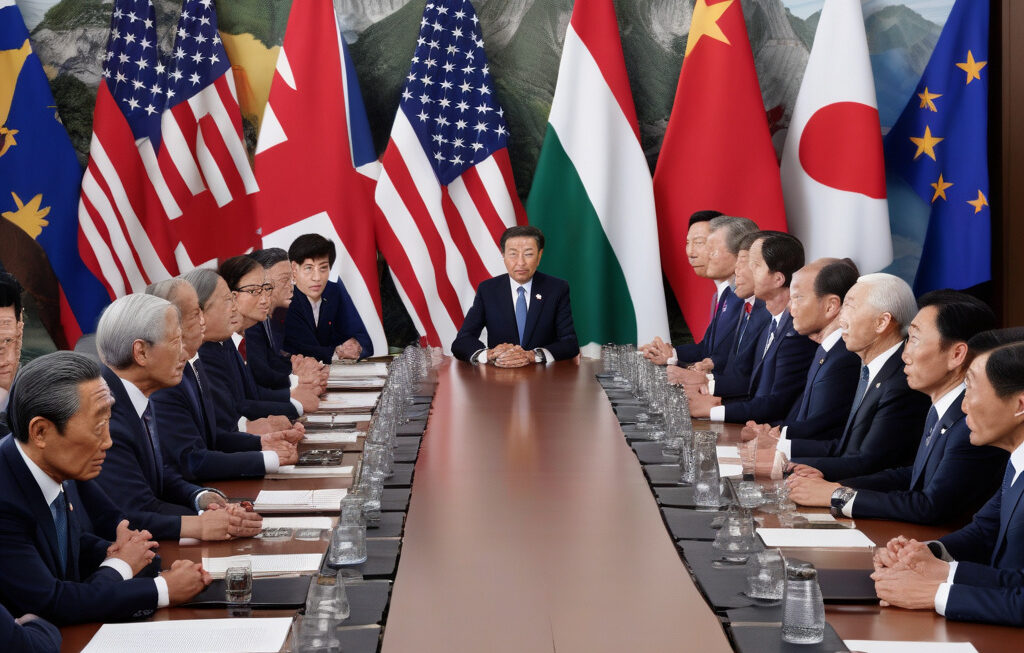Israel’s Bold Move: Striking Iran’s Nuclear Reactor Amidst Rising Tensions
Tensions between Iran and Israel reached new heights Thursday after a fresh round of missile tests conducted by Iran raised concerns in the international community. The situation escalated even further when reports emerged that Israel had carried out a covert strike on Iran’s nuclear reactor. This bold move by Israel has not only intensified the longstanding conflict between the two nations but has also sparked a wave of discussions and debates worldwide.
The covert strike on Iran’s nuclear reactor comes at a time when diplomatic relations between the two countries have been deteriorating rapidly. Israel has long been vocal about its concerns regarding Iran’s nuclear capabilities and has repeatedly emphasized the potential threat posed by a nuclear-armed Iran. The recent strike can be seen as a strategic move by Israel to prevent Iran from advancing its nuclear program and to protect its own national security interests.
What makes this development even more significant is the alleged private approval of the attack plans by former U.S. President Donald Trump. While the details of Trump’s involvement remain unclear, the reported approval of the attack by a former leader of one of the most powerful nations in the world adds another layer of complexity to the situation. It raises questions about the extent of U.S. involvement in the conflict between Iran and Israel and the potential repercussions of such actions on the global stage.
The strike on Iran’s nuclear reactor underscores the growing concerns about the stability and security of the region. The Middle East has long been a hotspot for geopolitical tensions and conflicts, with Iran and Israel at the center of many disputes. The latest development is likely to have far-reaching implications not only for the two countries involved but also for the broader international community.
As the situation continues to unfold, it is essential for all parties to exercise restraint and prioritize dialogue and diplomacy. Escalating tensions through military actions will only exacerbate an already volatile situation and could have dire consequences for the entire region. The international community, including the United Nations and other relevant stakeholders, must play a proactive role in facilitating peaceful resolutions and de-escalating the conflict.
In conclusion, Israel’s covert strike on Iran’s nuclear reactor, reportedly with the private approval of former U.S. President Donald Trump, marks a significant escalation in the ongoing tensions between the two nations. The incident highlights the complexities and challenges of the geopolitical landscape in the Middle East and underscores the urgent need for diplomatic solutions to prevent further escalation. The world will be closely watching how the situation unfolds and hoping for a peaceful resolution to this latest chapter in the Iran-Israel conflict.
Israel, Iran, Nuclear Reactor, Tensions, Global Security












